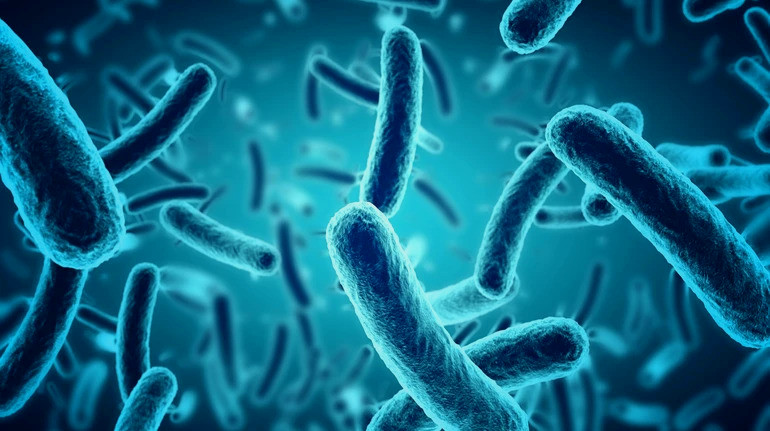Researchers from Australia have engineered a new type of protein that can eliminate antibiotic-resistant bacteria, such as E. coli.
This discovery presents a groundbreaking approach to tackling dangerous superbugs.
The research findings have been published in the scientific journal Nature Communications, as reported by ScienceDaily.
Dr. Rhys Grinter, one of the leading scientists involved in the project, explained that traditionally, proteins for treating infections and cancers were derived from natural sources with slight modifications.
However, modern AI techniques allow for the creation of proteins "from scratch" with desired properties. This significantly reduces the costs and speeds up the development of new medications.
Previously, scientists would spend years developing specific proteins for certain diseases, but AI can accomplish this in mere seconds. Over the past year, it has generated a multitude of proteins that could aid in treating various ailments, from snake bites to cancer.
A team of Australian biologists and computer scientists has successfully created proteins that kill antibiotic-resistant bacteria for the first time. This advancement offers a new avenue in the fight against perilous superbugs.
With AI technology, Australia now joins the ranks of the USA and China in having a platform capable of rapidly generating thousands of beneficial proteins. This could transform the healthcare landscape in the country.
The new protein development program using AI is being conducted at the Bio21 Institute of the University of Melbourne and the Monash University Institute of Biomedical Discovery, led by Dr. Rhys Grinter and Associate Professor Gavin Nott.
They explain that their AI-driven protein development platform operates based on the principles established by Nobel laureate in chemistry David Baker, who developed a method for creating a diverse array of proteins.
Associate Professor Nott adds, "These proteins are currently being converted into drugs, vaccines, nanoscale materials, and small sensors, as well as other innovations that will undergo testing in the future."



